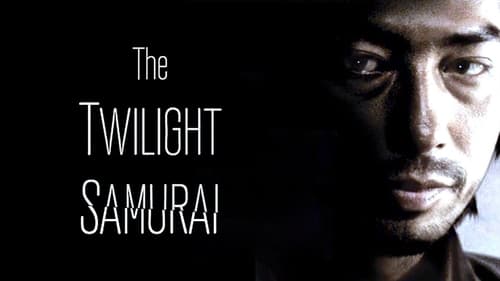
Samurai Lord
Seibei Iguchi leads a difficult life as a low ranking samurai at the turn of the nineteenth century. A widower with a meager income, Seibei struggles to take care of his two daughters and senile mother. New prospects seem to open up when the beautiful Tomoe, a childhood friend, comes back into he and his daughters' life, but as the Japanese feudal system unravels, Seibei is still bound by the code of honor of the samurai and by his own sense of social precedence. How can he find a way to do what is best for those he loves?

The play "Ehon Taikōki" was originally written for the puppet theater (Bunraku) and staged for the first time in 1799 in Ōsaka at the Toyotakeza. It was adapted for Kabuki the next year by Nagawa Tokusuke I. The play consisted originally of thirteen acts, one act for each day that passed between Akechi Mitsuhide's murder of Oda Nobunaga and his death at the hand of Toyotomi Hideyoshi. The tenth act is the only one which has survived. This act tells of an incident during the battle in which Mitsuhide was finally defeated.

